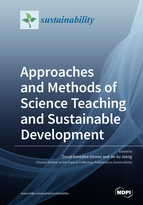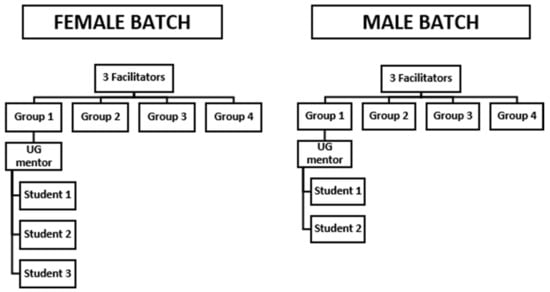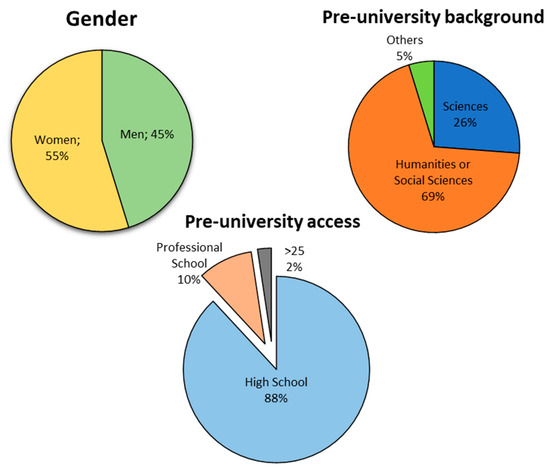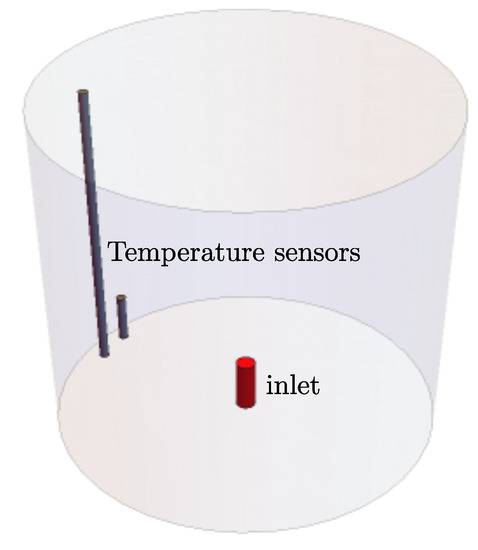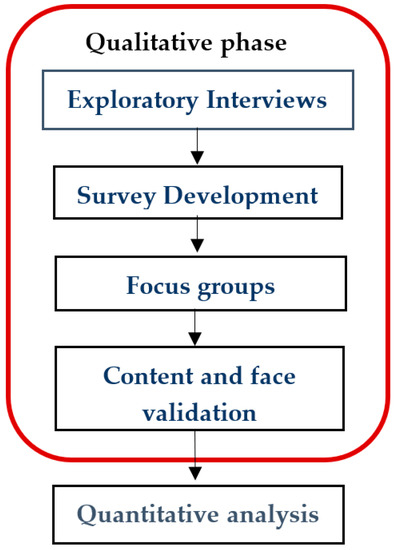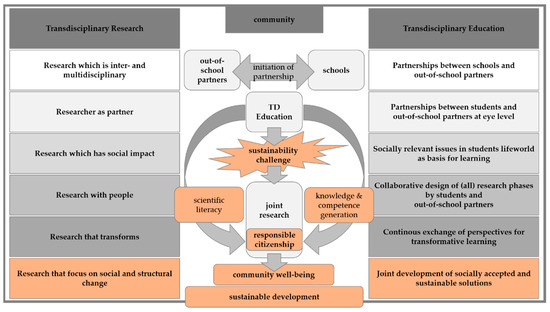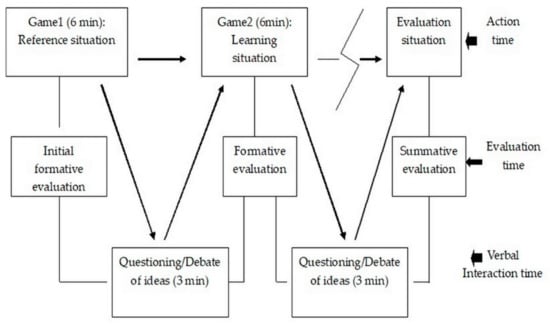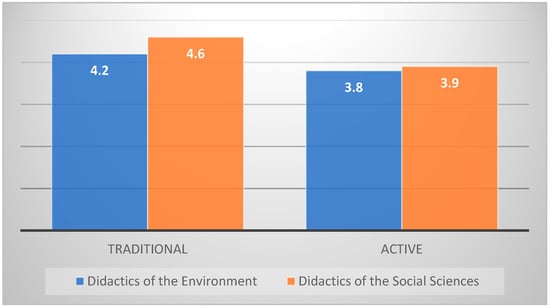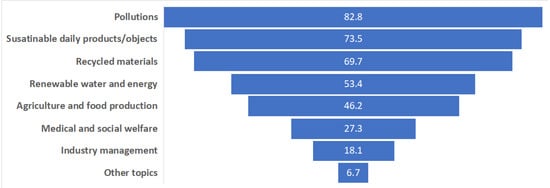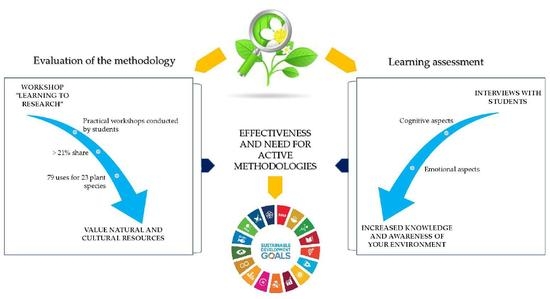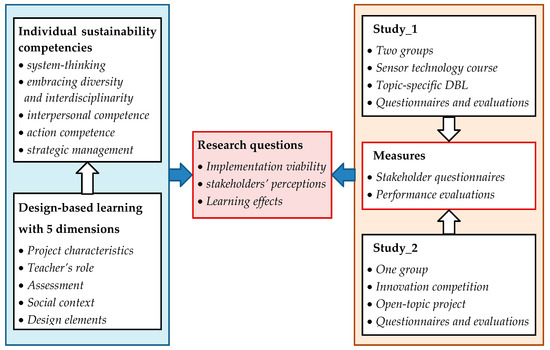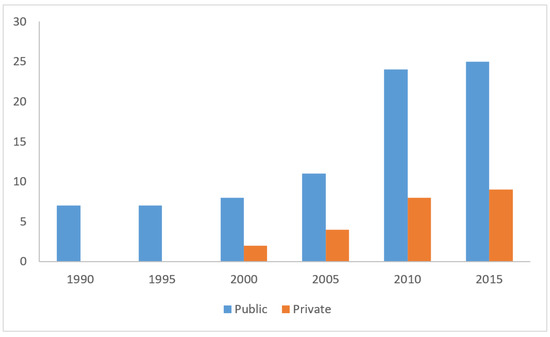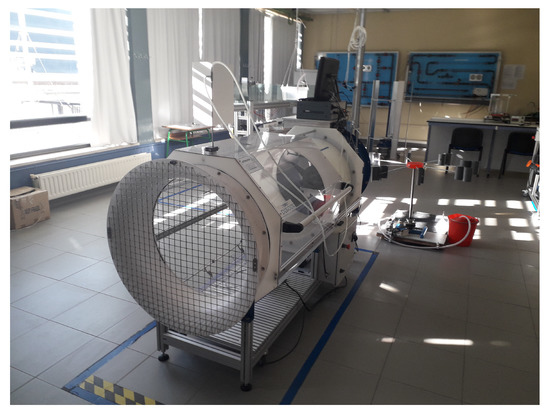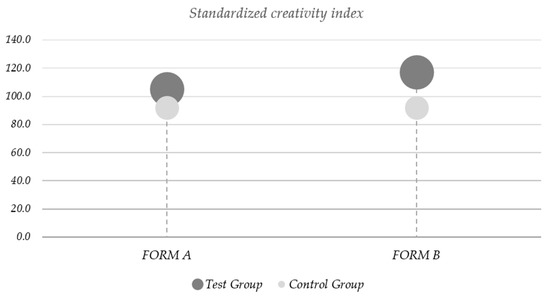Approaches and Methods of Science Teaching and Sustainable Development
A topical collection in Sustainability (ISSN 2071-1050). This collection belongs to the section "Sustainable Education and Approaches".
Viewed by 70290Editors
Interests: science education; sustainable education; flipped methodology; science teaching methodologies; pre-service teaching education; affective domain in science and sustainable teaching; active teaching methodologies; STEM education
Special Issues, Collections and Topics in MDPI journals
Interests: sustainability; STEAM; teaching and learning; flipped classroom; affective domain; climate change; teacher training; ICT; E-learning; collaborative learning; fuzzy-MCDA; escape room; gamification; service learning; future classroom; inclusive learning
Special Issues, Collections and Topics in MDPI journals
Topical Collection Information
Dear Colleagues,
With this collection “Approaches and Methods of Science Teaching and Sustainable Development”, we aim to contribute to provide a solid research corpus for addressing the challenges needed to provide an adequate Science and Sustainable Development Education to scholars of different educational degrees. The sustainability forms a part or is starting to form a part of the curricula of many educational institutions. However, efforts must be provided for ensuring a proper implementation and development of sustainability-oriented topics seeking the sustainable development goals (SDGs) in higher education as well as fresh perspectives on continuing challenges.
Therefore, with this collection, we seek to publish articles on innovative approaches and developments in education. We encourage theoretical, methodological, and empirical research works on teaching and learning, competencies and assessment, policy, program development and implementation, instructor preparation, community- and project-based learning, institutional collaborations and partnerships, and other relevant subjects. Especial emphasis will be put on innovative teaching approaches and methodologies that have been proved to be relevant on science, technology, engineering and mathematics (STEM) education, not only considering the cognitive domain of the learning process but also the affective domain, such as flipped-classroom, blended-learning, gamification, service-learning, etc.
Prof. David González-Gómez
Dr. Jin Su Jeong
Guest Editors
Manuscript Submission Information
Manuscripts should be submitted online at www.mdpi.com by registering and logging in to this website. Once you are registered, click here to go to the submission form. Manuscripts can be submitted until the deadline. All submissions that pass pre-check are peer-reviewed. Accepted papers will be published continuously in the journal (as soon as accepted) and will be listed together on the collection website. Research articles, review articles as well as short communications are invited. For planned papers, a title and short abstract (about 100 words) can be sent to the Editorial Office for announcement on this website.
Submitted manuscripts should not have been published previously, nor be under consideration for publication elsewhere (except conference proceedings papers). All manuscripts are thoroughly refereed through a single-blind peer-review process. A guide for authors and other relevant information for submission of manuscripts is available on the Instructions for Authors page. Sustainability is an international peer-reviewed open access semimonthly journal published by MDPI.
Please visit the Instructions for Authors page before submitting a manuscript. The Article Processing Charge (APC) for publication in this open access journal is 2400 CHF (Swiss Francs). Submitted papers should be well formatted and use good English. Authors may use MDPI's English editing service prior to publication or during author revisions.
Keywords
- Sustainability
- Sustainable Development Goals
- STEM education
- Teaching methodologies
- Environment and climate change
- Education innovation and technology
- Active teaching methodologies
- Innovative teaching methodologies for sustainable education




